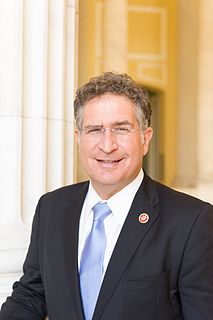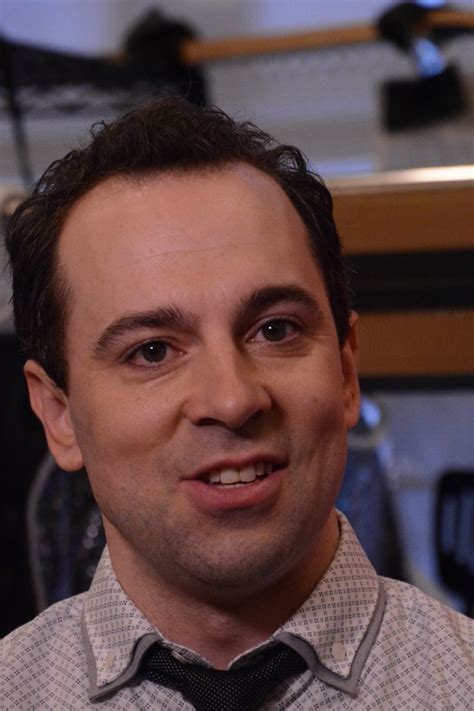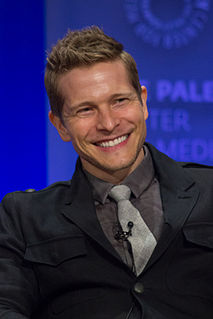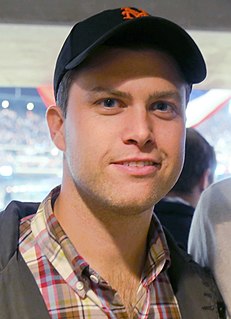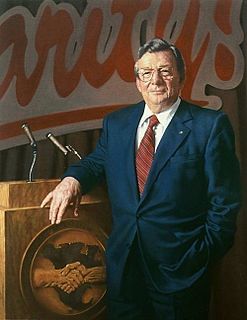A Quote by Joe Garcia
In undergraduate school, I chose a career path that always leads to certain unemployment: I majored in politics and public affairs with a double-minor in philosophy and history.
Related Quotes
My mother thought my inclinations would do well in Law, but I was too shy and deliberative - slowfooted - for that, so I determined to be an English and German high school teacher. In my first year of university I had one subject to "fill in" and chose philosophy against the advice of my counselor. My university teachers in English and German were totally uninspiring; philosophy was wonderful and my results showed it. I chose it and basically backed into a situation in which only a philosophy career seemed a viable option. I've never regretted it, but there was a lot of serendipity.
After two years of undergraduate study, it was clear that I was bored by the regime of problem-solving required by the Cambridge mathematical tripos. A very sensitive mathematics don recommended that I talk to the historian of astronomy, Michael Hoskin, and the conversation led me to enroll in the History and Philosophy of Science for my final undergraduate year.
Oddly, since by now I've written quite a lot on early modern philosophers, I didn't care for the history of philosophy, which I thought dull and obscure, until I got a minor job writing articles for a children's encyclopedia in the history of science and began to make connections between science and philosophy.
The skills and productivity of American Workers, not to mention the taxes they pay, are the greatest economic resource our country has. To condemn large numbers of them to unemployment, to deprive the Treasury of their tax contributions and to force them to live on unemployment at public expense is the most expensive luxury any society ever chose to buy.
